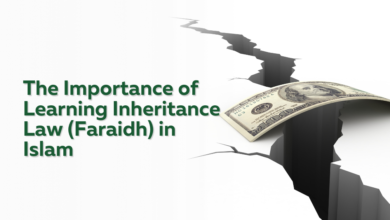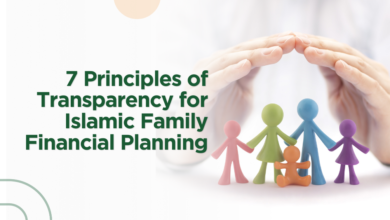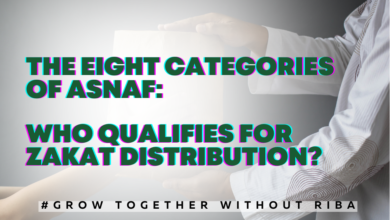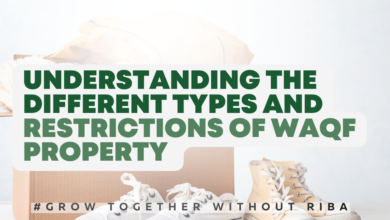- Blog

The Importance of Learning Inheritance Law (Faraidh) in Islam
Islamic inheritance law is a branch of jurisprudence that deals with the division of a deceased person’s estate among their heirs. This field plays a crucial role in both social and religious contexts, ensuring that the distribution of wealth is conducted fairly and in accordance with Islamic legal principles. This article explores the objectives and practical benefits of studying Islamic…
Read More » - Business

Monetise Your Passion: 6 Business Hacks for Content Creators
The rapid advancement of digitalization has transformed the way people do business. In addition to traditional methods, individuals and businesses are now embracing digitalization for both promotion and product catalogues. This digitalization has given rise to new business opportunities, one of which is content creation. Content creators have emerged across various digital media, utilising text, images, videos, or a combination.…
Read More » - Business

Manage Your Small Business Finances Easily: A Guide to Simple Bookkeeping
As an entrepreneur, you may already be adept at marketing strategies and branding that attract customers. However, do you know that mastering financial recording is equally important? While cash flow, capital, and balance sheets might sound unfamiliar if you’re focused on other areas, don’t worry! Learning basic accounting is not as complicated as it seems. Allah ﷻ also commands us…
Read More » - Islamic Economics

7 Principles of Transparency for Islamic Family Financial Planning
Managing family finances is a significant responsibility that requires good planning and execution. In this context, transparency is a key to ensuring that all family members can actively participate and understand their financial situation. Here are some important aspects of designing family finances with an emphasis on transparency. 1. The Importance of Transparency in Family Financial Management Transparency in family…
Read More » - Muslim Lifestyle

The Wisdom of Hajj: Journey Beyond Rituals
Hajj, the annual Islamic pilgrimage to Mecca, is one of the five pillars of Islam, core principles that shape the lives of Muslims. This pilgrimage is more than just a ritual; it’s a transformative experience that serves as a training ground for Muslims to refine their character, strengthen their faith, and build a more fulfilling life. While literally and technically…
Read More » - Islamic Finance

The Eight Categories of Asnaf: Who Qualifies for Zakat Distribution?
Zakat, one of the five pillars of Islam, is a mandatory charitable contribution that purifies wealth and benefits those in need. In the Quran, Allah said: “Zakāh expenditures are only for the poor and for the needy and for those employed for it1 and for bringing hearts together [for Islām] and for freeing captives [or slaves] and for those in debt…
Read More » - Muslim Lifestyle

Understanding the Different Types and Restrictions of Waqf Property
Classifying Waqf Property While the Prophet Muhammad (PBUH) did not establish a formal classification system for waqf during his lifetime. However, the various schools of fiqh classified it later differently. This article will explore two main categories: beneficiaries (al-mawquf ‘alaihim) and the endowed property itself (al-mauquf). By Beneficiaries (al-Mawquf ‘Alaihim) Under this category, waqf can be divided into three types:…
Read More » - Muslim Lifestyle

Creating a Waqf: Essential Conditions You Need to Know
In Arabic, the terms ‘waqf’ (plural ‘awqaf’) and ‘habs’ (plural ‘ahbas’) are verbal nouns and infinitives. Both words signify ‘to stop, to prevent, to restrain,’ a concept known as ‘al-habs wa al-man.’ However, while the English translation of ‘waqf’ is often understood as a religious endowment, it may not fully capture the depth of devotion and grace associated with the…
Read More » - Muslim Lifestyle

Preparing for Ramadan and Insights From The Month of Sha’ban
In the eagerness for the fervent worship and anticipation that Ramadan brings, the significance of Shaban often fades into the background. But this month is very special. Sha’ban holds profound virtue, mirroring the teachings of our beloved Prophet Muhammad (peace be upon him). Shaban carries historical weight, marking the legislation of fasting during Ramadan and the pivotal shift of the…
Read More »

